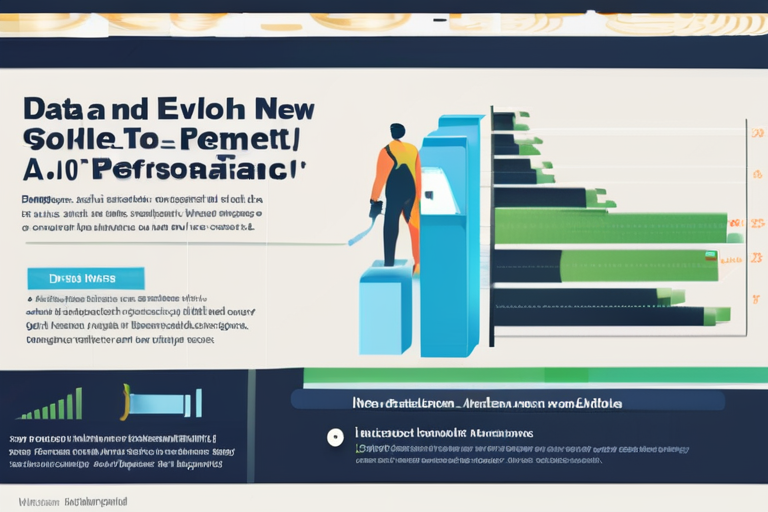A Wake-Up Call for AI Adoption: Companies Must Focus on Fewer, More Meaningful Applications
At the 2025 Fortune Global Forum in Riyadh, Abhijit Dubey, CEO of NTT DATA, an IT services and consulting company, sounded a warning to CEOs who are eager to harness the power of artificial intelligence (AI). Dubey cautioned that companies are trying to do too much with AI, and that this approach is unlikely to yield the desired returns on investment. According to a study published by the Massachusetts Institute of Technology (MIT) in July, a staggering 95% of organizations are getting no measurable return from their investment in generative AI.
The MIT report highlights the challenge of extracting value from AI, particularly when it comes to scaling projects beyond the pilot phase. Dubey emphasized that companies should focus on a smaller number of domains where AI can have a significant impact, rather than trying to introduce AI to every facet of operations. "I think that's the wrong strategy," Dubey said. "You need to pick one or two domains and go end to end."
The financial implications of this approach are significant. According to a report by McKinsey, companies that successfully implement AI can expect to see a 10% to 15% increase in productivity and a 5% to 10% increase in revenue. However, the report also notes that the average company spends around $1 million to $5 million on AI projects, with many of these projects failing to deliver the expected returns.
The market context for AI adoption is complex and rapidly evolving. As more companies invest in AI, the demand for skilled professionals with expertise in AI and machine learning is growing exponentially. According to a report by Glassdoor, the average salary for an AI engineer in the United States is around $141,000 per year, with some top companies paying upwards of $200,000 per year.
NTT DATA, under Dubey's leadership, has been at the forefront of AI adoption in the IT services and consulting industry. The company has invested heavily in AI research and development, with a focus on applications in areas such as healthcare, finance, and transportation. Dubey's comments at the Fortune Global Forum reflect the company's approach to AI adoption, which emphasizes the importance of focusing on a few key domains where AI can have a significant impact.
Looking ahead, the future of AI adoption will depend on companies' ability to navigate the challenges of scaling AI projects and extracting value from the technology. Dubey's warning to CEOs is a timely reminder that AI is not a silver bullet, but rather a tool that requires careful planning, execution, and investment. As the AI hype cycle continues to evolve, companies that focus on a few key domains and prioritize meaningful applications are likely to reap the greatest rewards.


























Share & Engage Share
Share this article